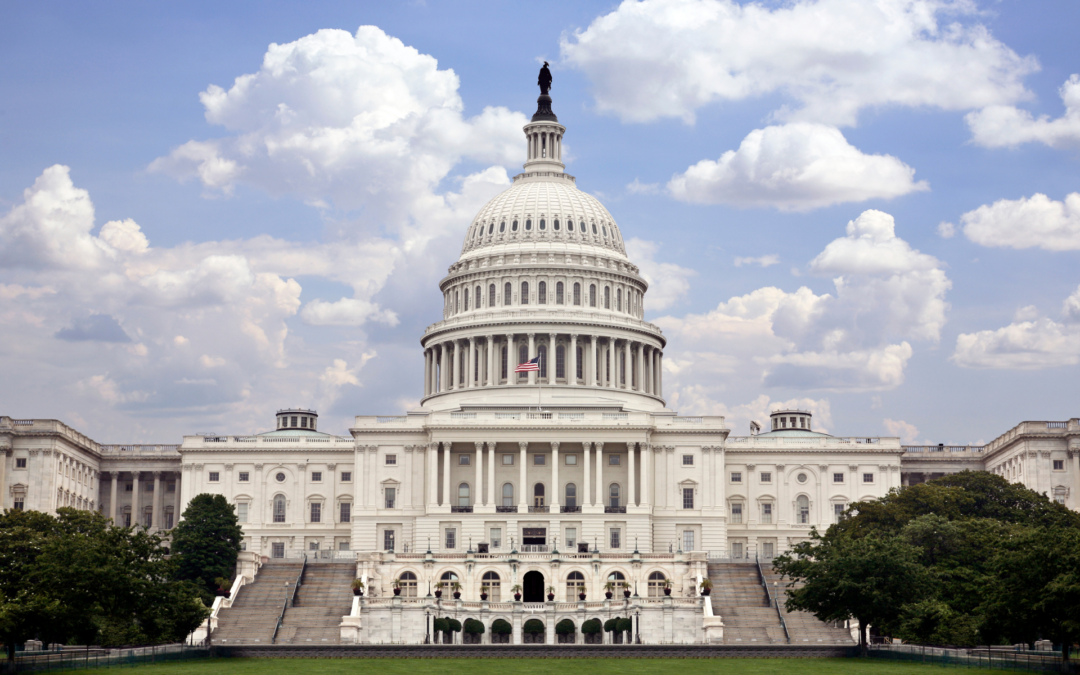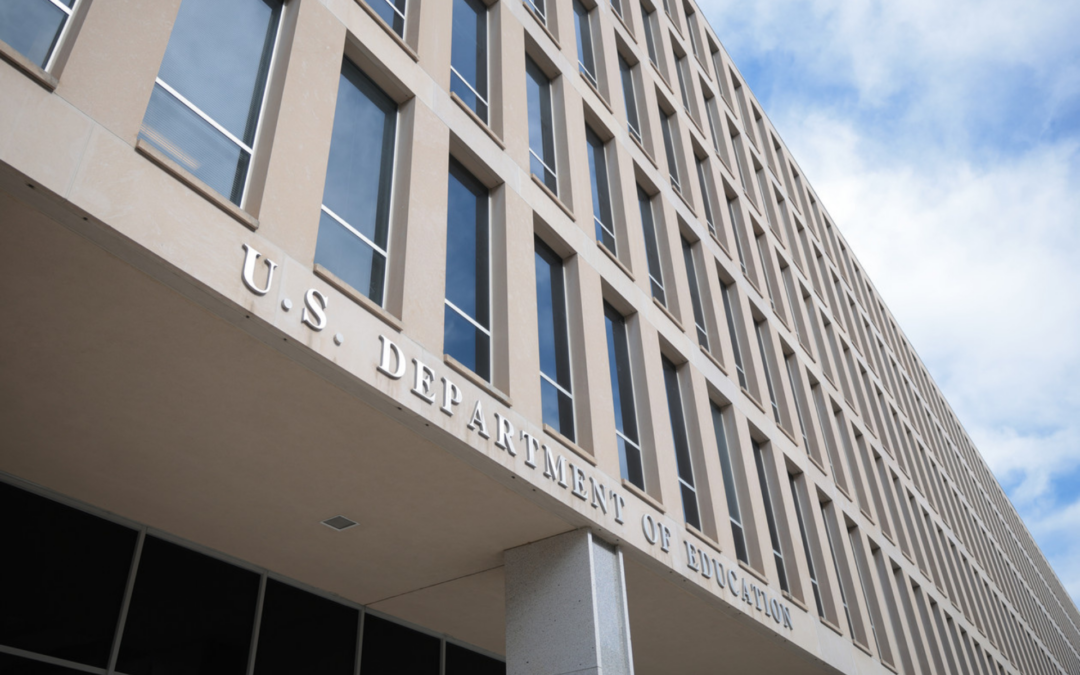
Department of Education Announces Intent to Begin Negotiated Rulemaking on Student Loan Programs
The Department of Education has announced its intent to commence negotiated rulemaking on several key student loan programs, including Public Service Loan Forgiveness (PSLF), Pay As You Earn (PAYE), and Income-Contingent Repayment (ICR) plans.
Negotiated rulemaking is a process where the Department works with stakeholders to develop proposed regulations. Through this process, the Department convenes a committee of representatives from interested groups to negotiate the text of proposed regulations, with the goal of reaching consensus on their content.
Key Information:
- Currently, only a notice of intent has been published. The official Negotiated Rulemaking notice is forthcoming.
- Once published, there will be a 30-day written comment period for public input.
- Public hearings are scheduled for:
- April 29, 2025
- May 1, 2025
Registration information for the public hearings has not yet been released. The Presidents Forum will continue to monitor developments and provide updates as more information becomes available.
For more information, visit the Department of Education’s Negotiated Rulemaking for Higher Education 2025-2026 page.






Recent Comments